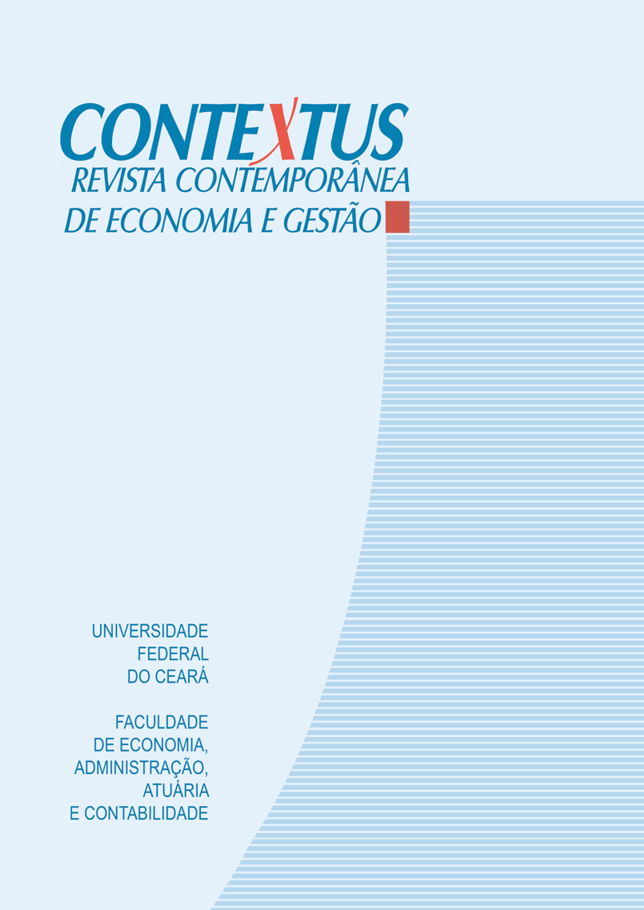POWER, CENTRALITY AND EMBEDDEDNESS AS MECHANISMS TO INCREASE SUBSIDIARIES’ EFFICIENCY IN GRASPING KNOWLEDGE ON THEIR LOCAL NETWORKS
DOI:
https://doi.org/10.19094/contextus.v17i2.39520Abstract
The International Business literature emphasizes interorganizational relationships in business networks, based on embeddedness, as a mechanism for multinational enterprises to improve their performance. However, an in-depth analysis of the literature shows that embeddedness alone is insufficient to subsidiaries to gain local competitive advantage. Thus, in order to better understand this issue, a systematic review of the literature was carried out using the online database with 45 articles that address three central constructs in networks embeddedness, power and centrality. The analysis suggests a gap in the studies on power and centrality of the subsidiary in its external network. Therefore, through a conceptual model, but with managerial application, this article suggests that the subsidiary use embeddedness, power and centrality in an integrated way to optimize access to the tangible and intangible resources, and reduce network conflicts needed to obtain specific (SSA) and global competitive advantage (FSA).
Downloads
Published
How to Cite
Issue
Section
License
The authors, while doing the submission, accept the notice below:
We authors hold the copyright related to our paper and transfer Contextus journal the right for the first publication with a Creative Commons’ international license of the modality Attribution – Non-commercial 4.0, which in turn allows the paper to be shared providing that both the authorship and the journal’s right for initial release are acknowledged.
Furthermore, we are aware of our permission to take part in additional contracts independently for non-exclusive distribution of the version of our work published in this journal (e.g. publishing it in an institutional repository or as a book chapter), while acknowledging both the authorship and the journal’s initial publication.
We also certify that the paper is original and up to this date has not been released in any other journal, Brazilian or of another nationality, either in Portuguese or another language, as well as it has not been sent for simultaneous publication in other journals.
Last, we not only know that plagiarism is not tolerated by Contextus but also certify the paper presents the sources of passages from cited works, including those authored by ourselves.









3.png)


1.jpg)



1.jpg)


1.jpg)






.jpg)



1.jpg)

1.jpg)


1.jpg)

1.jpg)
1.jpg)
2.png)




1.jpg)
2.jpg)

1.jpg)





1.jpg)


1.jpg)
1.jpg)
